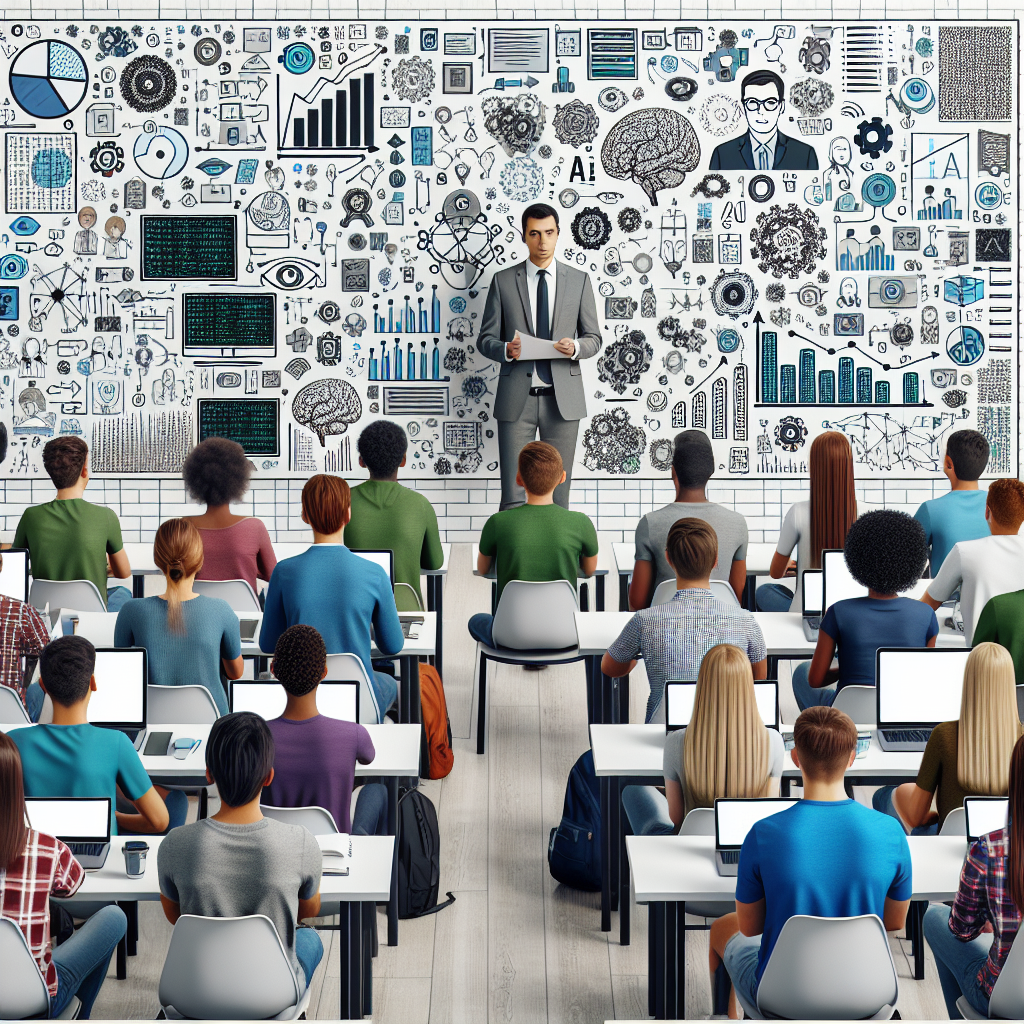Artificial Intelligence (AI) has become a prominent technology in various fields, including education. One of the key aspects of using AI in education is its potential to enhance cultural competency. Cultural competency refers to the ability to effectively interact with individuals from different cultural backgrounds and understand their beliefs, values, and practices. By integrating AI into education, schools and teachers can better address the diverse needs of students from different cultural backgrounds.
AI can help educators in several ways to promote cultural competency in education. For example, AI-powered language translation tools can help bridge the language barrier between teachers and students who speak different languages. This can help students who are non-native English speakers to better engage with the curriculum and feel more included in the classroom.
Another way AI can promote cultural competency in education is by providing personalized learning experiences tailored to each student’s cultural background. AI algorithms can analyze students’ learning styles, preferences, and cultural backgrounds to recommend personalized learning resources and activities that are culturally relevant and engaging for each student. This can help students from different cultural backgrounds feel more connected to the curriculum and improve their learning outcomes.
Furthermore, AI can help educators identify and address biases in educational materials and assessments that may perpetuate stereotypes or marginalize certain cultural groups. AI algorithms can analyze educational content for biases and provide recommendations for more inclusive and culturally relevant materials. This can help educators create a more inclusive and culturally responsive learning environment for all students.
In addition, AI can help educators better understand and support the social and emotional needs of students from different cultural backgrounds. AI-powered tools can analyze students’ social and emotional responses to learning activities and provide insights to educators on how to better support their emotional well-being. This can help educators build stronger relationships with students and create a more supportive and inclusive learning environment.
Overall, AI has the potential to revolutionize education by promoting cultural competency and creating more inclusive learning environments for students from diverse cultural backgrounds. By leveraging AI technologies, educators can better address the unique needs of each student and create a more equitable and culturally responsive education system.
FAQs:
Q: How can AI help educators promote cultural competency in education?
A: AI can help educators promote cultural competency in education by providing language translation tools, personalized learning experiences, identifying and addressing biases in educational materials, and supporting students’ social and emotional needs.
Q: How can AI help bridge the language barrier in education?
A: AI-powered language translation tools can help bridge the language barrier between teachers and students who speak different languages, allowing students to better engage with the curriculum and feel more included in the classroom.
Q: How can AI help educators identify biases in educational materials?
A: AI algorithms can analyze educational content for biases and provide recommendations for more inclusive and culturally relevant materials, helping educators create a more inclusive and culturally responsive learning environment.
Q: How can AI support students’ social and emotional needs in education?
A: AI-powered tools can analyze students’ social and emotional responses to learning activities and provide insights to educators on how to better support their emotional well-being, helping educators build stronger relationships with students and create a more supportive learning environment.

